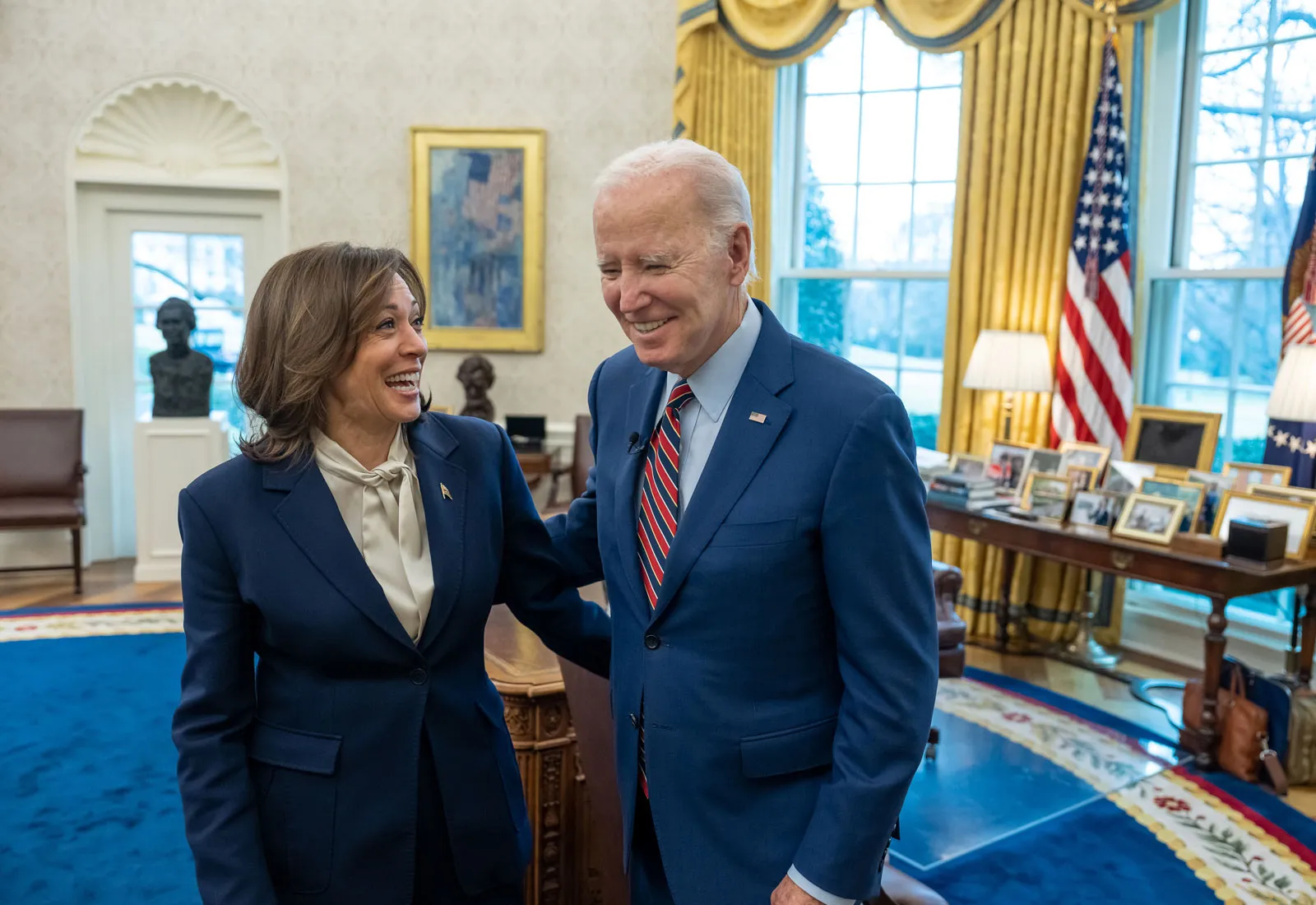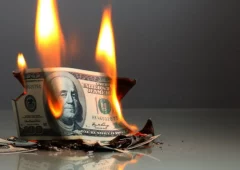Kamala Harris Ready for Presidential Run: What’s Her Plan?
23.07.2024 19:00 2 min. read Alexander Stefanov
Kamala Harris may step in as the Democratic nominee for president, potentially succeeding Joe Biden. This shift brings up questions about her economic policies and their impact on the U.S.
Harris’s economic approach diverges from Biden’s in several ways. For instance, she backed “Medicare For All” and had distinct tax ideas, including a more limited student loan forgiveness plan. A significant challenge she’ll face is the expiration of key tax breaks after 2025. If Congress doesn’t act, many provisions of the Tax Cuts and Jobs Act (TCJA) will lapse, potentially increasing taxes for over 60% of Americans.
While Biden has pushed for higher taxes on the wealthy and corporations, it’s unclear if Harris will stick to his pledge of not raising taxes on those earning under $400,000. During her 2020 campaign, she proposed a higher corporate tax rate than Biden.
Harris will have to navigate Biden’s economic record, which voters view with mixed feelings. Despite low unemployment and economic growth, only 37% of Americans approve of Biden’s handling of the economy, with inflation being a major concern. Since Biden took office, federal debt has increased significantly, adding to Harris’s challenges.
However, there are some positive economic signs. The unemployment rate remains low at 4.1%, and consumer spending has been robust, with retail sales up 2.3% in the past year. Inflation has dropped to 3%, the lowest in three years, but it’s still higher than when Biden took office.
Harris might also differ from Biden on the Federal Reserve. She voted against Jerome Powell’s confirmation as chair in 2018, while Biden reappointed him in 2022. Powell’s term ends in 2026, and it’s unclear if he will seek another term. Former President Trump has stated he would not reappoint Powell, adding to the uncertainty.
-
1
Gold Beats U.S. Stock Market Over 25 Years, Even With Dividends Included
13.07.2025 15:00 1 min. read -
2
US Inflation Heats Up in June, Fueling Uncertainty Around Fed Cuts
15.07.2025 16:15 2 min. read -
3
U.S. Announces Sweeping New Tariffs on 30+ Countries
12.07.2025 16:30 2 min. read -
4
Robert Kiyosaki Predicts When The Price of Silver Will Explode
28.06.2025 16:30 2 min. read -
5
Key U.S. Economic Events to Watch Next Week
06.07.2025 19:00 2 min. read
US Inflation Heats Up in June, Fueling Uncertainty Around Fed Cuts
U.S. inflation accelerated in June, dealing a potential setback to expectations of imminent Federal Reserve rate cuts.
Gold Beats U.S. Stock Market Over 25 Years, Even With Dividends Included
In a surprising long-term performance shift, gold has officially outpaced the U.S. stock market over the past 25 years—dividends included.
U.S. Announces Sweeping New Tariffs on 30+ Countries
The United States has rolled out a broad set of new import tariffs this week, targeting over 30 countries and economic blocs in a sharp escalation of its trade protection measures, according to list from WatcherGuru.
Key U.S. Economic Events to Watch Next Week
After a week of record-setting gains in U.S. markets, investors are shifting focus to a quieter yet crucial stretch of macroeconomic developments.
-
1
Gold Beats U.S. Stock Market Over 25 Years, Even With Dividends Included
13.07.2025 15:00 1 min. read -
2
US Inflation Heats Up in June, Fueling Uncertainty Around Fed Cuts
15.07.2025 16:15 2 min. read -
3
U.S. Announces Sweeping New Tariffs on 30+ Countries
12.07.2025 16:30 2 min. read -
4
Robert Kiyosaki Predicts When The Price of Silver Will Explode
28.06.2025 16:30 2 min. read -
5
Key U.S. Economic Events to Watch Next Week
06.07.2025 19:00 2 min. read


